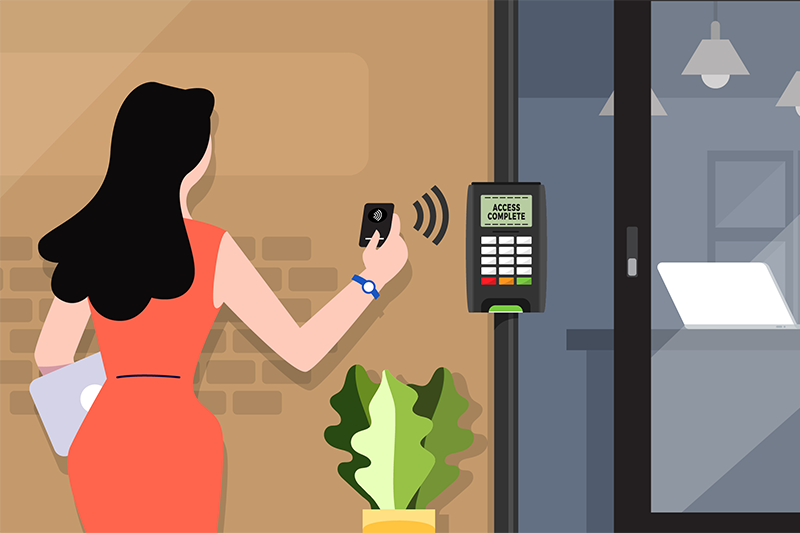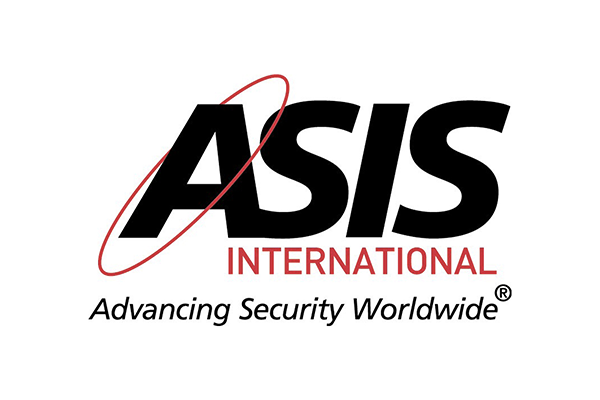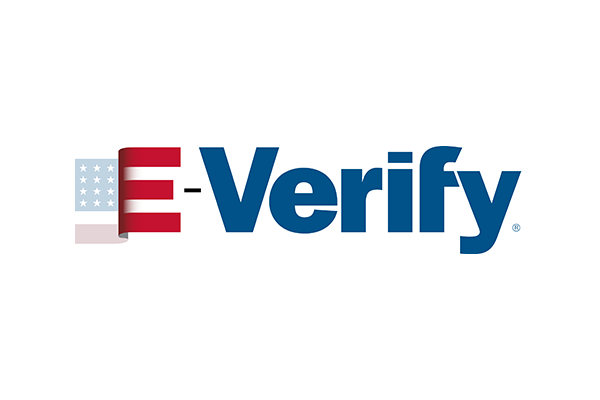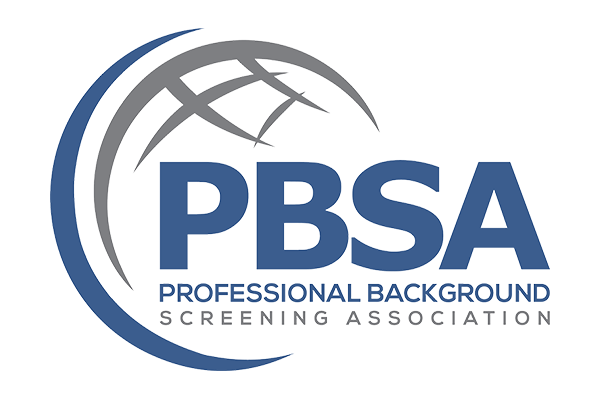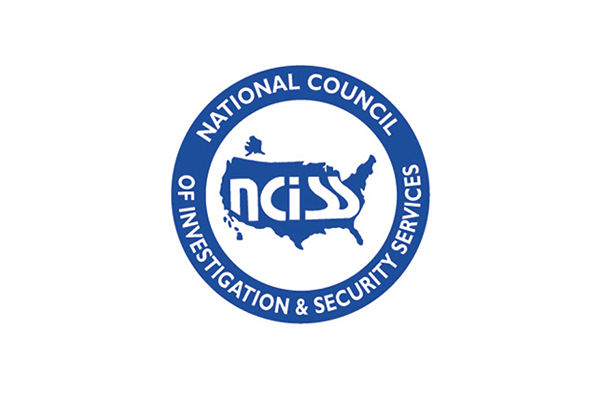In today’s world, with a higher rate of workplace violence and an ever increasing number of drug dependent individuals whose need for a “fix” makes them desperate and dangerous, the threats to your business from outside are greater than ever. Every business should take time to assess their buildings, review their key control policies and take the necessary steps to improve their access control. We would recommend the following 3 steps as a good starting point.
3 Steps to Consider When Assessing the Risk to Your Business
If there is the slightest chance of the employee becoming abusive or getting physically violent, ask yourself these questions to help you determine imminent risk, areas of vulnerability and potential liability:
1. Check all of your access points.
- Are the doors and frames in good working order?
- Does the door really need to have a knob on the outside?
- — If not have the door made into an exit only door.
- — Have that door alarmed so that if it is opened, not closed properly, or propped open, the alarm sounds.
2. Have a reputable locksmith install a good restricted key system.
- Develop a Key Control Policy.
- Only designated persons should be allowed to have duplicate keys made.
- Restricted keys cost more but are more effective.
- Reevaluate the list of people who need keys and have them sign them out.
- Employees should understand their responsibility. The loss of a key means that the building will have to be re-keyed. The person who misplaced the key should bear at least some of the cost of re-keying the building. Because of that potential cost some employees may not want a key.
3. Periodically inspect all of your access points and audit all of the issued keys.
From our experience, the appearance of, “being secure” has value. A door that is closed and locked tells an opportunistic thief that there may be other security measures in place inside and that it might be better to move on to the next business where they leave doors propped open and delivery vehicles with the keys inside.
A few times every year we receive calls from clients about losses that have been discovered at their businesses. We are called in to investigate the loss; to determine how the loss occurred and who is responsible. That process likely will include interviewing witnesses (employees) who generally have access to the items taken. Most people cooperate but wonder why they are being interviewed. Some people may be in the interview pool because they are suspects for some reason and some are interviewed because they may have been in a position to see something or hear something.
For one particular client we discovered, during the interview process, that there were at least 20 keys to the building being held by employees who would admit to it. Upon further review we discovered that the building locks were installed by the well-meaning maintenance person from locks that he bought at Home Depot. The locks were home consumer grade locks that were not designed for heavy use at a business where 150 employees were coming and going all hours of the day and night.
The keys for those types of locks could be cut at any Home Depot, Lowes, or mom & pop hardware store for anyone who presented them a key. Even though we had 20 employees admit that they had keys, from an investigative perspective, because of the poor key control, we have to assume that there are many more undocumented keys floating around among the employees and their friends.
Poor key control makes any investigation more difficult to bring to a positive conclusion. Think of the different types of keys a business could have; perimeter doors, interior doors, supply closets, tool bins, filing cabinets, computer racks. Now think about how one missing key could affect your bottom line – directly or indirectly. If you do not have effective key control, you have no way of knowing how many people have access to your facility.
Our 38 years in business, serving a wide variety of corporate clients, has shown us over and over again that being proactive in security reduces liability and saves money. If you need some help with a security related issue we will certainly have ideas on how to solve your problem in a way that is cost effective, and will work for your business.
Six Reasons You Hope Your Security Procedures are Sound
- There have been unexplained thefts in your business.
- The boss wants to terminate an employee who has been harassing another.
- HR wants to Terminate someone who has made threats.
- An employee is having problems with their physically abusive spouse.
- There may be an impending strike.
- You have just been told that an employee has been wearing Army Fatigues, eating cat food in the cafeteria, and has been arguing with coworkers for the past year.
Truly, these are actual scenarios where CIC has been called in to assess the security of a business. Many times, we find flaws in their Access Control which leaves them extremely vulnerable. Don’t assume that your Security Plan is adequate. Security Plans are fluid and must change with business needs. CIC’s 40 plus years of experience in this field makes us uniquely qualified to help you assure that your plan fits your current needs.
For more information about this article, please contact us at 1.800.573.2201 / 419.874.2201.

